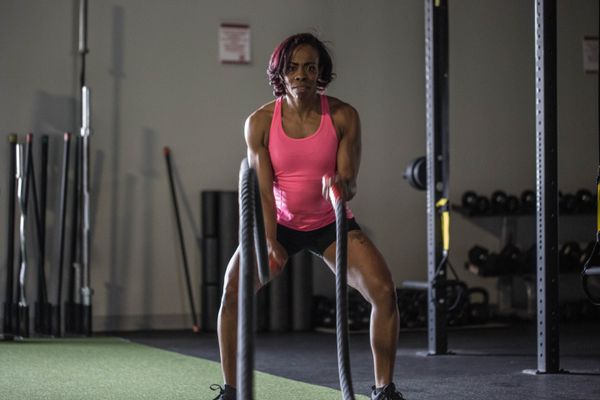September is Suicide Awareness Month, providing an opportunity to raise awareness, further educate yourself, and remember the reality that mental illnesses present. Yet it's critical to understand that suicide awareness is not an annual Instagram hashtag to use and forget. Actively advocating for mental health resources, progress in education, and a broken stigma is an everyday ask — an activity that we can each participate in.
Suicide is the 10th leading cause of death within the United States.
This, and other fast facts surrounding this discussion, is a staggering reality. It's not uncommon to know someone — a family member, a friend, a classmate, a coworker — who died by suicide.
2020 has seen an increase in suicide rates.
We all know that 2020 has thrown everyone a curveball or two. Between a pandemic, racial injustice, an impending election, and our "normal" lives, there's a lot going on. It's easy to become overwhelmed, without hope, and unsure of how to navigate the future. This doesn't mean that you're stuck. There are still tactics you can use to spark positive mental health, even when times are bleak. These tactics do not serve as a fix-all for mental illnesses — don't hesitate to go see a doctor — but they do provide options that could bring a little light and stability into your day.
The stigma surrounding mental health is still very prominent.
While many have used their voices in hopes of breaking down the stigma, there is still a very real fear of discussing these issues. Especially amongst men, who die by suicide four times more than females do, the stigma that mental illnesses equate to weakness has been unjustly normalized.
Mental illnesses, while not to be romanticized, are far from uncommon. Nearly one in five adults in the United States suffer from a mental illness, and 41% of those cases go untreated. With numbers that back up the normalcy of mental struggles, the fact that there is still a stigma surrounding this conversation is unacceptable.
It's up to everyone to use their voice for advocacy.
You don't have to be a celebrity to use your platform for mental health advocacy. Even if you don't know how sharing positive mental health Instagram accounts will change the world, or how reminding your friends to take a mental health day has the potential to be the encouragement they need — small, intentional habits do make a difference.
SEE ALSO: Sorry Skip, But Dak Prescott Is Even More Of A Leader For Opening Up About His Mental Health
There are constantly new voices (and resources) being added to this conversation.
Change takes time, but there are people all over the world who work to prevent suicide every single day. Organizations like the American Foundation for Suicide Prevention bring and inspiring stories to you 365 days a year. There are also a variety of crisis hotlines available, 24/7, tailored to your specific needs.
While it can be so scary to open up about vulnerable insecurities, there are people who have shared their stories about suicidal ideation, suicide attempts, and the everyday battle that is mental health. You are never the only one fighting this battle.
We believe that your story is important. If you would like help sharing your mental health story, please contact Odyssey's Health and Wellness Editor at lily.moe@theodysseyonline.com.
If you or someone you know is experiencing suicidal thoughts, call the National Suicide Prevention Hotline — 1-800-273-8255





















